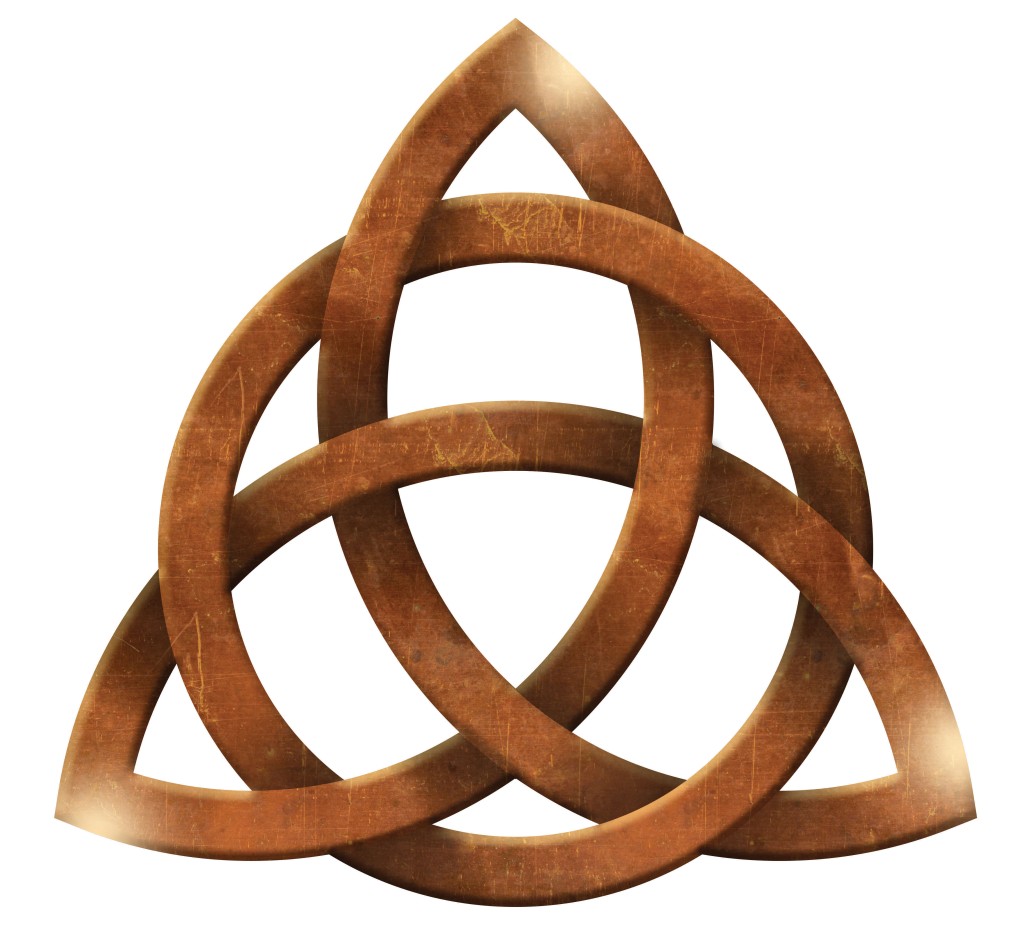You have free articles remaining this month.
Subscribe to the RP Witness for full access to new articles and the complete archives.
Directly in front of me is a window. Beyond that window is my backyard, which opens to cornfields as far as the eye can see. Daily as I sit at my desk, as I find myself staring at the world beyond my walls, I am reminded of the splendid unity and distinction in creation. As I think about the diversity, I am led to appreciate the unity, and as I appreciate the unity, I again think of the diversity.
In a faint way, that is always the shifting appreciation we should give to the Bible’s teaching on the Trinity. The unity of the Godhead leads us to immediately appreciate the distinction of persons, and as we think on the persons, we are led to meditate in wonder on the singular nature that is God.
The Westminster Larger Catechism has, to this point, biblically stated that the Christian faith confesses one true and living God. This God is three persons: the Father, the Son, and the Holy Spirit; and these three are the same in substance. However, as that is true, we are led to ask the question: If they are the same in substance, what is the distinction between Father, Son, and Spirit? After all, the doctrine of the Trinity is not only unity but a Triunity. The language the catechism (and historic Christianity) uses to distinguish these three are their “personal properties”—properties that distinguish their persons but not the essence.
These personal properties are: the Father begets the Son, or, as it is often expressed, the Father is unbegotten; the Son is begotten of the Father; and the Spirit proceeds from the Father and the Son. Admittedly, this is one of the most difficult topics in all of theology and has often been made more difficult by those who try to explain it. Some things in Christianity call more for affirmation and devotion than understanding and explication.
To maintain the integrity of what the catechism has already taught, we need to keep three things in mind. First, these distinctions are eternal. The Son was always begotten of the Father, and the Spirit always proceeded from Father and Son. Second, these distinctions are necessary. Begottenness and procession are not assigned by some arbitrary act of will as though it could have been otherwise. Third, and very important for our understanding of the Trinity, these eternal and necessary distinctions have analogies in the way God works in creation and redemption. For example, of the incarnation we read: “The Lord said to me, ‘You are my Son; today I have begotten you’” (Ps. 2:7). In Jesus’ promise for the Spirit’s continuing work, He says: “When the Helper comes, whom I will send to you from the Father, the Spirit of truth, who proceeds from the Father” (John 15:26). If these were not analogies of God’s eternal distinctions, then Father, Son, and Spirit could never be personally known.
As we think about the personal distinctions, we begin with the Father. He is named first because the Bible clearly testifies that He sends and works through the Son and Spirit (e.g., John 14:16–17). The Son is named second because—while He does not send or work through the Father—He does, with the Father, send and work through the Spirit (e.g., John 15:26). This is not a hierarchy of great to greatest; it is not an authority structure; but it is, as Christianity has always confessed, an order of subsistence.
While the Father is unbegotten, the Bible tells us the Son is begotten: “For God so loved the world, that He gave His only begotten Son” (John 3:16, see Acts 13:33; Heb. 1:5, 5:5). The Bible testifies to the Spirit’s procession from the Father and Son: “I will send to you from the Father, the Spirit of truth, who proceeds from the Father” (John 15:26, see 14:16, 26; 16:7). These distinctions—begottenness and procession—transcend the ability of the human language and mind to define and understand. Yet, faith is able to do what language and intellect cannot—namely, believe and confess with that ancient creed: “And the catholic faith is this: That we worship one God in Trinity, and Trinity in Unity; Neither confounding the persons nor dividing the substance. For there is one person of the Father, another of the Son, and another of the Holy Spirit.”
